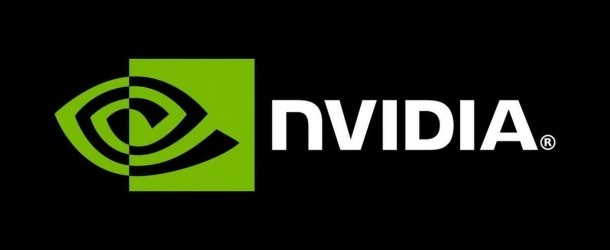IQM Quantum Partners with NVIDIA to Advance Hybrid Quantum Systems

IQM Quantum Computers, a frontrunner in quantum computing, has teamed up with NVIDIA to enhance hybrid quantum applications. This collaboration was announced at the 2023 SuperComputing conference in Denver, Colorado. This collaboration leverages NVIDIA CUDA Quantum, an innovative open-source platform that integrates quantum processing units with classical systems. Other leading institutions, including VTT Technical Research Centre of Finland also plan to utilize the CUDA Quantum platform.
“The collaboration with NVIDIA is a strategic step that will help accelerate the progress of potential use cases,” Dr. Peter Eder, Head of Strategic Partnerships at IQM Quantum Computers, remarked in a recent press release. This alliance allows both new and existing IQM users to employ NVIDIA’s advanced software framework with IQM’s quantum hardware for exploring quantum solutions in various applications.
According to the press release: “The collaboration aims to accelerate the development and utilization of quantum computing in various applications, fostering innovation, collaboration, and potential breakthroughs in science and industry. ”
Tim Costa, Director of High-Performance Computing and Quantum at NVIDIA, highlighted the broader implications of this partnership, stating in the press release: “Quantum-integrated supercomputing has the potential to solve grand challenges across many scientific fields.” Costa believes the collaboration will propel advancements in coupling quantum computing with GPU supercomputing, opening avenues for numerous scientific breakthroughs.
This new announcement comes quickly after IQM’s recent announcement of their IQM Radiance platform, comprised of 150 qubits, hoping to achieve quantum advantage.
Kenna Hughes-Castleberry is a staff writer at Inside Quantum Technology and the Science Communicator at JILA (a partnership between the University of Colorado Boulder and NIST). Her writing beats include deep tech, quantum computing, and AI. Her work has been featured in Scientific American, Discover Magazine, New Scientist, Ars Technica, and more.



















